If you are currently receiving chemotherapy treatment for metastatic colorectal cancer with mets to...

Blader & Bowel
Welcome to the conservative treatments section where you can find a range of self-help measures that could help improve your bladder and/ or bowel condition.
Here you will find advice on:
Healthy eating and drinking for your bladder and bowel
Bladder and bowel training exercises
Pelvic floor muscle exercises
Choosing the right continence product
Conservative treatment advice specific to your condition
Conservative treatments are often the first method of treatment for a bladder and bowel condition. By making small adjustments to your diet, fluid intake, general exercise and lifestyle, you may find this will have a positive effect on your bladder or bowel condition.
Finding the right continence products to suit you can be confusing. This section will also cover some of the continence products available. If you would like further information and advice on continence products please speak to one of our helpful trained advisors at the Bladder and Bowel Home Delivery Service.
Please note that the information contained within these pages are a guide only. Your GP will be able to advise on the best methods of treatment for your condition. Please speak to your GP or Healthcare Practitioner before undertaking any of these treatments.

If you are currently receiving chemotherapy treatment for metastatic colorectal cancer with mets to...
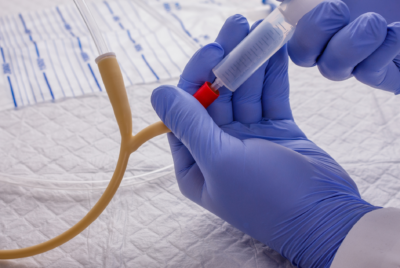
The indwelling catheter is retained in the bladder by a balloon which can be...

If you experience nocturnal enuresis (bed wetting) it's always a good idea to go to...

People with faecal incontinence or leakage of faeces can be helped by undertaking special...

Having a problem with the digestive system can cause a great deal of discomfort...

Banding is a conservative treatment indicated for haemorrhoids (piles).

Bowel Retraining is a conservative treatment that is generally aimed at people who have...

Vaginal dryness, soreness, itching and painful sex can sometimes be symptoms of the menopause.

Watchful waiting refers to seeing whether symptoms progress, stay the same or clear on...
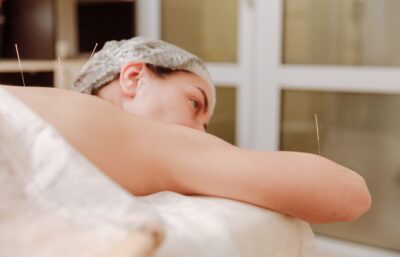
Traditional acupuncture is a healthcare method based on ancient principles which go back nearly...
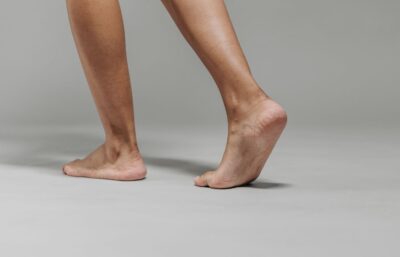
PTNS - Percutaneous Tibial Nerve Stimulation is indicated in Overactive Bladder (OAB) problems where...

In some cases, people can be helped with neuromuscular stimulation of the pelvic floor.

There are some general lifestyle changes that you could make which may help to alleviate...
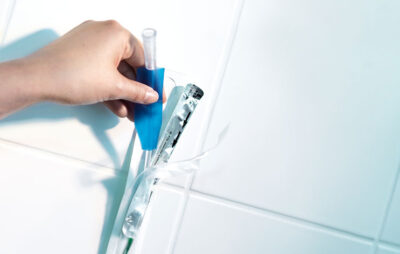
Intermittent self-catheterisation (ISC) is used to treat bladders that do not empty fully.
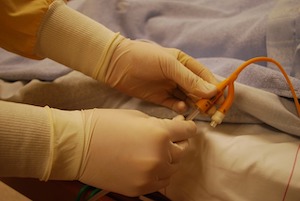
Indwelling catheters can be used short-term or long-term.

Bladder retraining is a simple and effective method used to try and overcome bladder...

Biofeedback is a technique which is designed to help strengthen your urethral and anal...
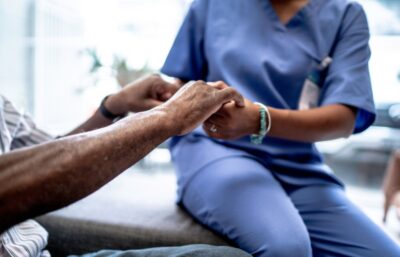
You should try and avoid being constipated as this can bring on other symptoms...